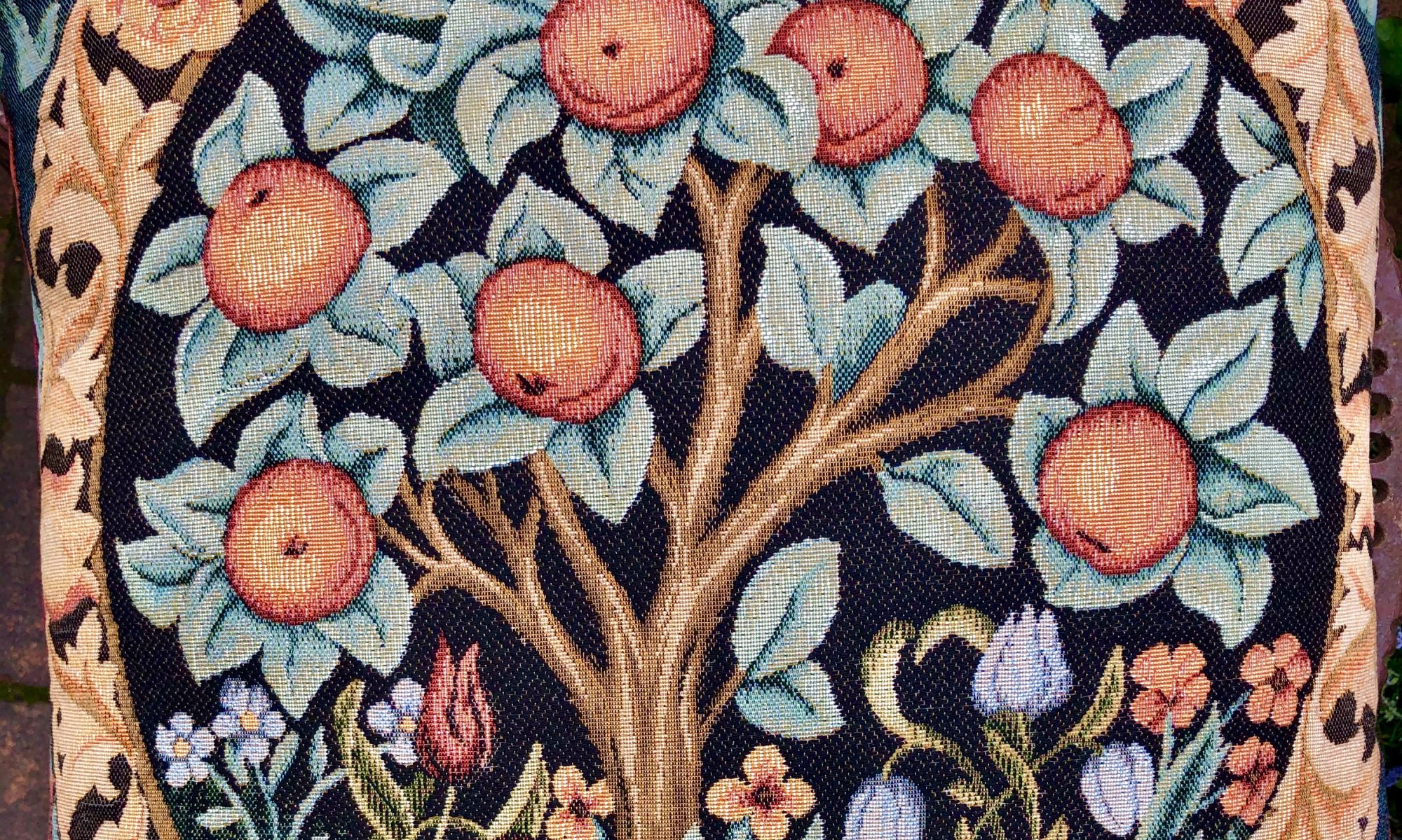How Do Attachment Issues Impact Adult Relationships?
Around twenty years ago we started turning our attention to the attachment system in regards to adult
relationships. Hazan and Shaver were two of the first researchers who postulated that attachment patterns play
out in adult romantic relationships. They developed a series of questions designed to isolate behaviours in adults
that mimic attachment styles in infants; secure, avoidant, ambivalent, dismissive, disorganised and reactive.
What they found was that not only were adults similar to infants in the way that these behaviours played out in
relationships, but that there was a direct correlation between the style in which someone was parented and the
attachment that person would develop later in life. Hazan and Shaver’s research was pivotal for the way that we
see relationships today, and their work ultimately led to the development of many assessment tools attempting to
gauge attachment styles in adults. One of the more popular tools today is the Adult Attachment Interview (AAI)
developed by Mary Main. Yet the field of studying attachment in adults is still vastly unexplored, and this leaves
many adults searching for answers and therapy that would address their issues.
Attachment disruption is one of the hardest problems to address by parents and professionals due to the fact
that solutions are often counter intuitive and that the symptoms often go unrecognised. Below I have compiled a
list of characteristics I often see in both children and adults with attachment issues. This is by no means a
comprehensive list, rather a cluster of symptoms to look out for when treating a client with identified attachment
problems originating from the first three years of their life.
This is a quote from Mark Coen’s paper presented at the NZAP conference this year (I was not there, but just found it on the website, here.) Copy: TheAttachmentContinuum.pdf
The quote is in line with my experience as a therapist, and he goes on the describe the various relationship styles, useful.
The guidelines for treatment, I’ve just checked again to be sure, do not mention couple therapy explicitly and there are no guidelines there for relationship psychotherapy.
This prompts me to present a relationship therapy paper, it is so essential that the relational paradigm is presented. And a paper won’t quite meet my other principle, that experiential learning is the way to make this case, not really papers. Maybe both would be best.

